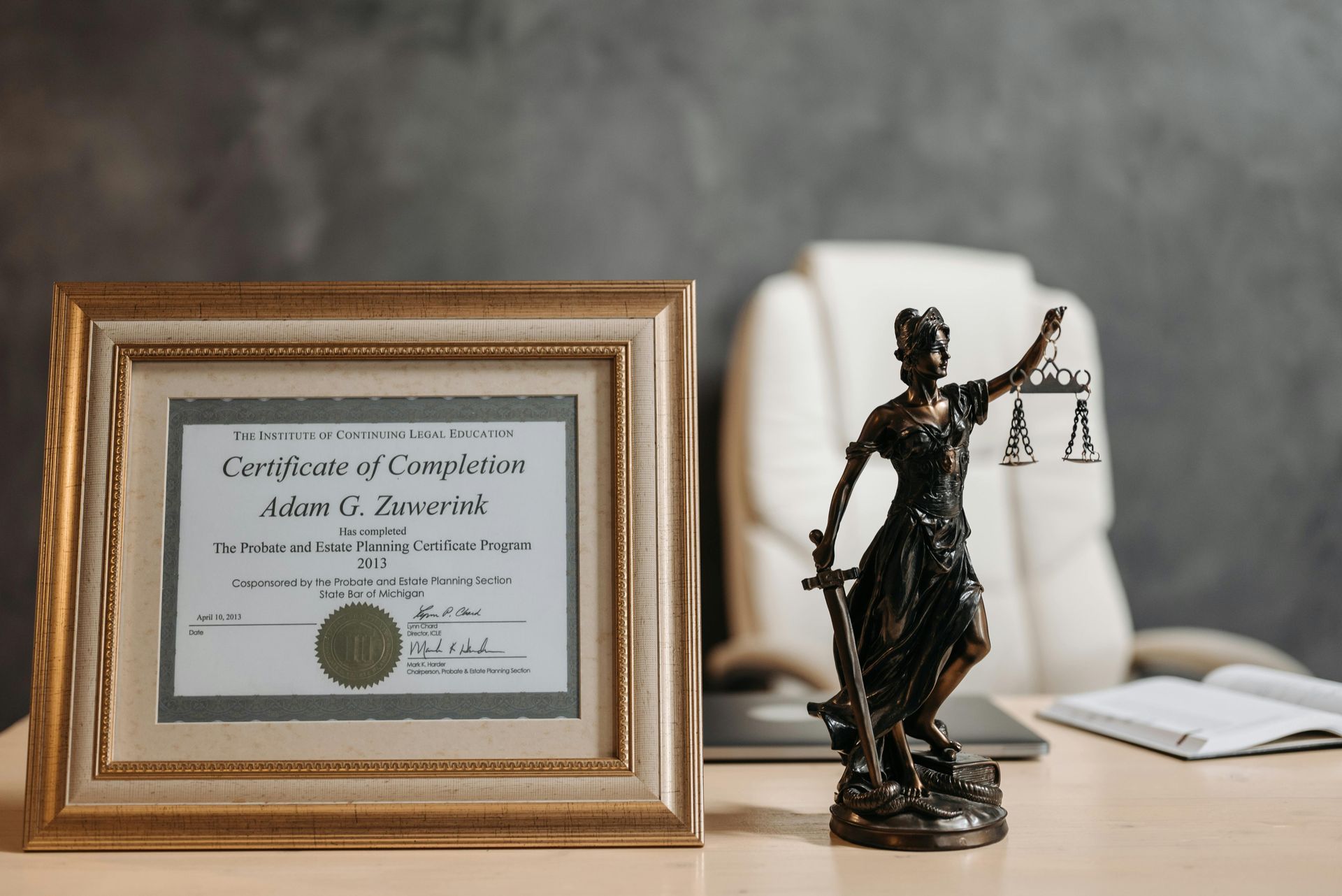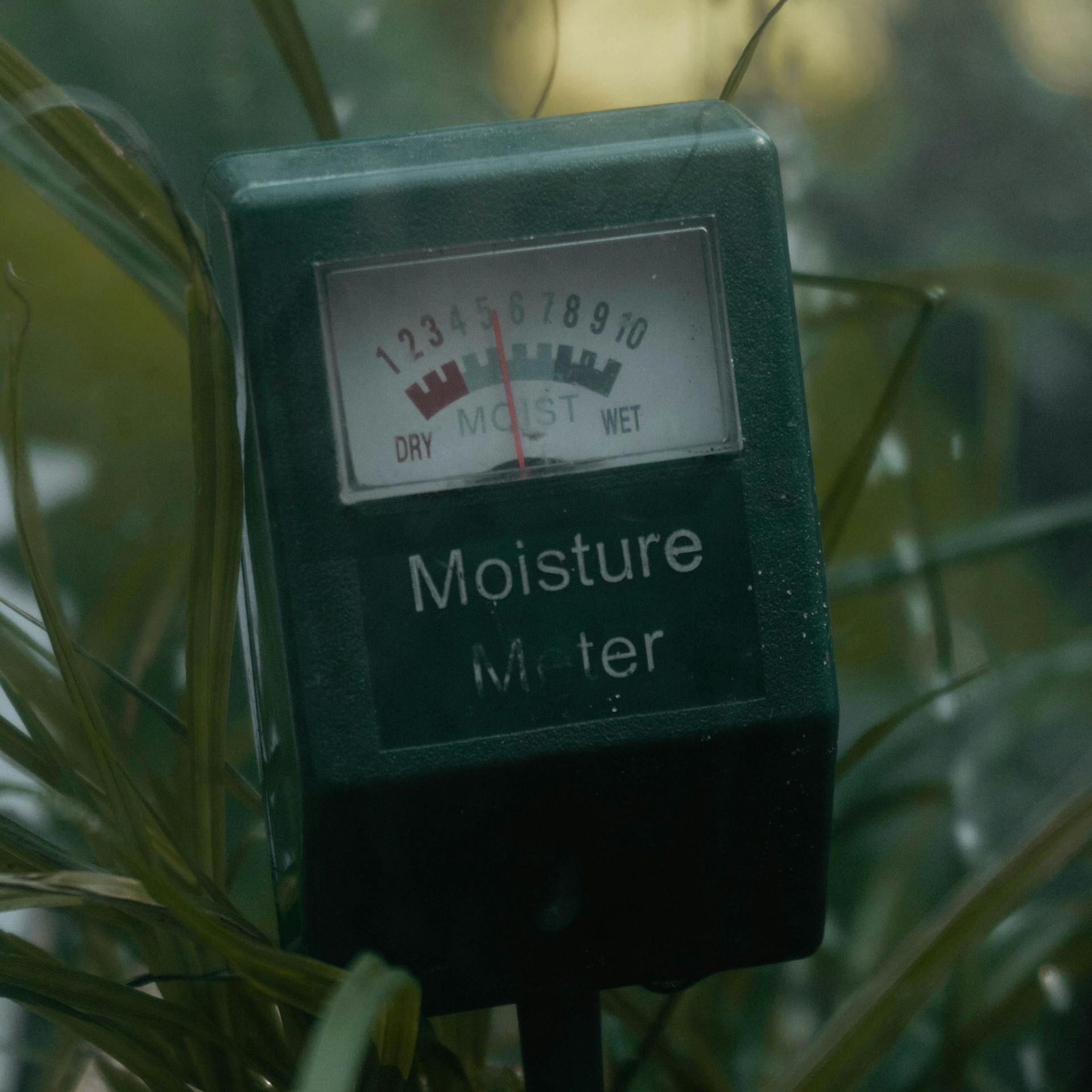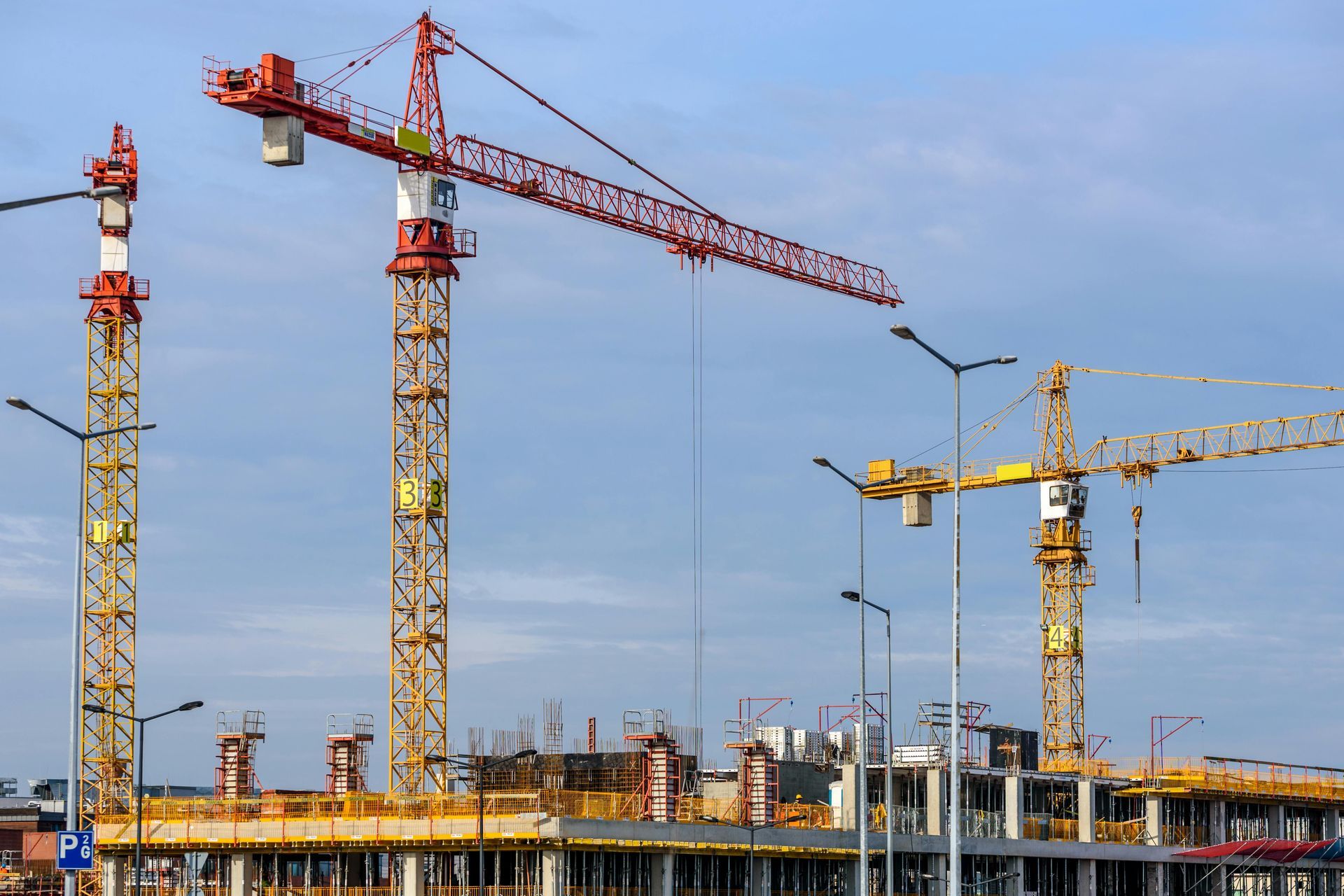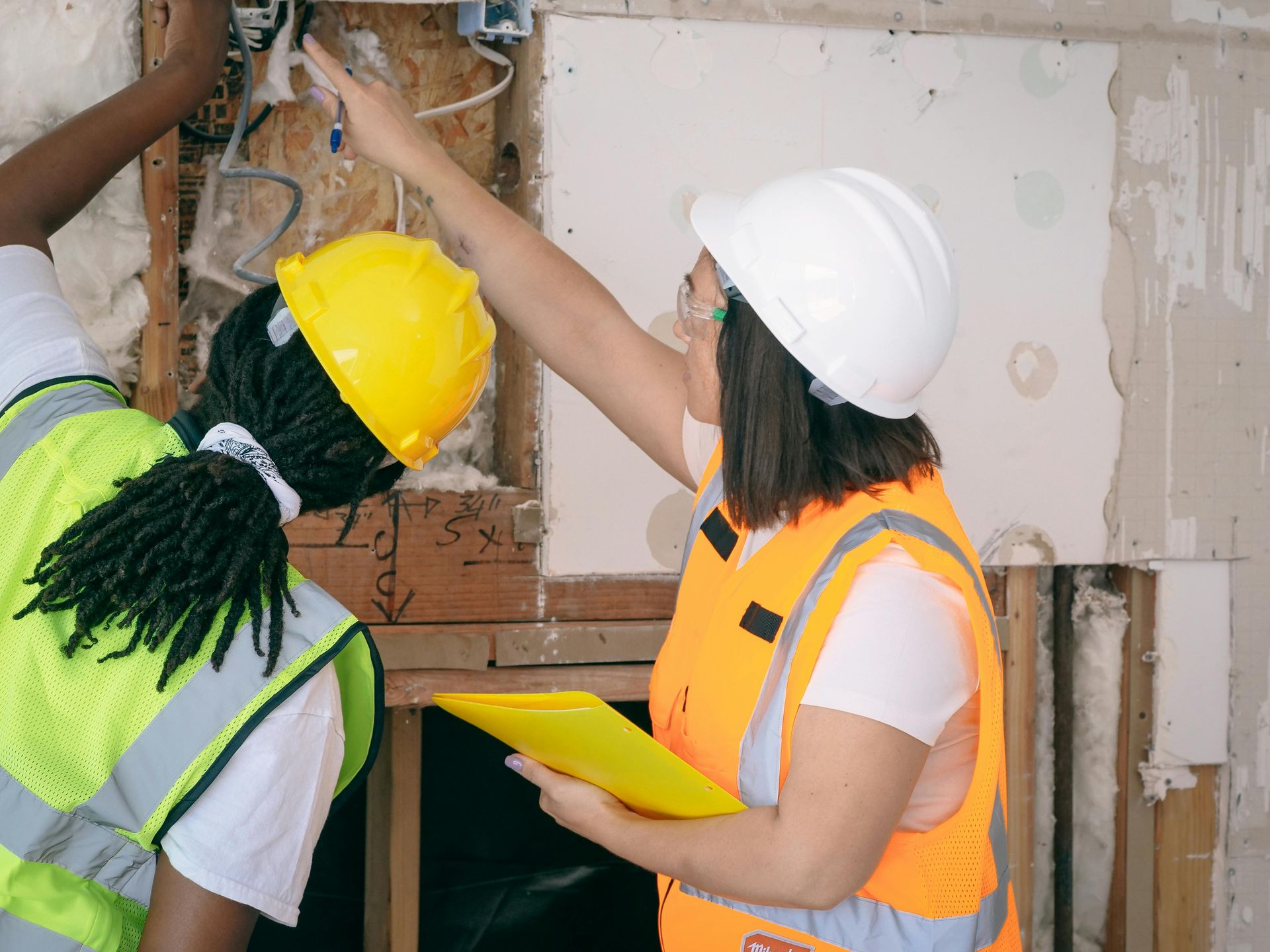How to Choose the Right Inspector for Your Milestone Inspection
Selecting the right inspector for your milestone inspection is a crucial step in maintaining your property's safety, value, and longevity. These inspections are vital in identifying potential issues before they escalate into costly repairs or structural failures. In this article, discover the factors you must consider when choosing the right inspector for your milestone inspection.
Why Choosing the Right Inspector Matters
Milestone inspections are more than just routine check-ups. They are strategic evaluations designed to ensure your property’s structural integrity and compliance with safety regulations. It helps detect structural weaknesses, worn-out systems, or environmental risks. A skilled inspector can prevent accidents by catching minor issues before they become more significant problems. These inspections give peace of mind that your building is safe for occupants.
The common issues that can be uncovered during milestone inspections are:
- Cracks in the foundation or load-bearing walls
- Water infiltration in the building envelope
- HVAC system inefficiencies
- Electrical hazards or outdated wiring
It is also important to note that local safety regulations are complex and ever-changing. An experienced inspector stays informed about these updates and ensures your property complies with current standards. Compliance keeps tenants safe and protects property owners from fines or legal troubles.
Key Qualifications to Look for in a Milestone Inspector
Choosing the right milestone inspector is essential for maintaining your property's structural integrity and compliance. Here’s a closer look at the critical qualifications and why they matter:
Licensing and Certifications
Licensing and certifications ensure that an inspector meets professional standards and adheres to industry best practices. Look for credentials from respected organizations since these certifications require rigorous testing, adherence to ethical codes, and ongoing education, guaranteeing reliable and up-to-date service. State licensing is also essential, as it confirms the inspector has passed exams on local building codes and meets regional regulations.

To verify an inspector’s qualifications, request their certification ID and confirm their state licensing through local government portals. These steps ensure you hire a certified and legally qualified professional for your milestone inspection.
Experience with Similar Properties and Projects
While credentials are essential, hands-on experience plays an equally critical role. Inspectors who’ve worked on properties similar to yours are more likely to recognize patterns of wear, potential risks, and unique challenges.
- Older Homes: Inspectors with experience in older properties understand the quirks of aging structures, such as foundation settlement, outdated electrical systems, or historical materials requiring special care.
- Commercial Buildings: These structures often have complex systems like advanced HVAC setups, fire suppression systems, and unique design elements. A qualified inspector will know how to assess these aspects thoroughly.
- Condominiums and Co-Ops: These properties have shared spaces and systems. Inspectors familiar with them understand the need to evaluate not just individual units but also common areas like roofs, hallways, and parking structures.
Understanding of Local Regulations and Standards
Every state, city, and county can have building codes and inspection requirements. These regulations evolve over time, reflecting changes in safety protocols, environmental concerns, and technological advancements.
- Adapting to Local Laws: A knowledgeable inspector stays updated on regional building codes. They ensure your property aligns with the latest legal standards, avoiding compliance issues that can lead to fines or delayed projects.
- Tailored Recommendations: Local familiarity enables inspectors to offer practical advice. For example, in coastal areas, inspectors might prioritize wind resistance and saltwater corrosion, while those in colder regions may focus on insulation and heating systems.
- Post-Inspection Follow-Up: An inspector well-versed in local standards can guide you through any necessary steps to address non-compliance. They may also assist in obtaining permits or working with local authorities.
Traits of a Reliable Milestone Inspector
Finding the right milestone inspector goes beyond reviewing their qualifications. The best professionals pair their expertise with a meticulous approach and a dedication to delivering accurate results. Here’s what sets a reliable inspector apart:
Attention to Detail
A reliable inspector thoroughly examines every part of your property, from the foundation to the roof. They meticulously inspect for potential issues such as hairline cracks in walls, water damage around windows, faulty electrical wiring, and signs of wear in HVAC systems. Identifying minor risks helps property owners address concerns before they escalate into significant problems compromising safety or value.
Clear Communication and Detailed Reporting
A good inspector doesn’t just find problems; they help you understand them. Reliable inspectors present their findings in straightforward language, avoiding overly technical jargon. Their reports include clear photos of problem areas, explanations of the severity of each issue, and actionable recommendations for repair or maintenance. This level of detail empowers property owners to prioritize tasks and make informed decisions about their property.

Use of Advanced Tools and Techniques
Modern technology has significantly improved the accuracy of property inspections. Reliable inspectors utilize advanced tools such as:
- Thermal Imaging Cameras: These identify temperature variations that could indicate water leaks, insulation problems, or electrical faults.
- Moisture Meters: These detect hidden moisture in walls or floors, which could lead to mold or structural damage.
- Drones: For more extensive or hard-to-reach areas, drones provide detailed views of roofs, gutters, and other elevated structures without putting inspectors at risk.
These tools enable inspectors to uncover issues that might be missed during a visual-only inspection, ensuring a thorough evaluation of your property’s condition.
Steps to Evaluate and Compare Inspectors
Finding the right inspector takes a bit of research, but the effort is worth it. Here’s how to approach the selection process:
- Start with Recommendations: Ask your network for referrals. Real estate agents, property managers, or other property owners can provide valuable leads. They often know professionals with a proven track record of reliability and thorough service.
- Check Online Reviews and Testimonials: Look at reviews on platforms like Google or Yelp. Consistent positive feedback from clients strongly indicates reliability and quality service. Pay attention to detailed reviews that mention professionalism, thoroughness, and communication.
- Review Sample Inspection Reports: Ask potential inspectors for examples of past reports. Look for detailed observations, precise visuals, and actionable recommendations. A good report should help you understand the property's condition and prioritize repairs or maintenance.
- Conduct Interviews: Speak directly with inspectors to gauge their professionalism and understanding of your property type. Ask about their process, availability, and whether they carry liability and errors & omissions insurance. This step ensures they’re a good fit for your needs.
Avoiding Common Pitfalls When Selecting an Inspector
Choosing the wrong inspector can result in overlooked issues and costly repairs. One common mistake is focusing solely on cost. While price is important, selecting the cheapest option often means sacrificing the thoroughness and expertise needed for a comprehensive milestone inspection. Prioritize inspectors with strong qualifications and proven experience to ensure the job is done right.
Failing to verify credentials is another frequent error. Always double-check that the inspector holds valid certifications and licenses. Proper credentials ensure that the inspector meets industry standards and has the necessary training to conduct a reliable inspection. These precautions will help you avoid costly mistakes and ensure a successful milestone inspection.
Benefits of Partnering with the Right Inspector
The right inspector goes beyond assessing your property—they act as a trusted advisor, clarifying its overall health and potential future risks. With actionable recommendations, they help address issues proactively, minimizing uncertainty.
- Preventing Costly Repairs and Project Delays: Addressing issues early saves money and helps keep renovation or maintenance projects on schedule.
- Gaining Confidence in Your Investment: A thorough inspection report allows you to plan effectively and maintain your property’s value over time.

For reliable milestone inspections, consider Aurora Consulting Group. With a team of certified professionals, they specialize in comprehensive property evaluations tailored to meet local regulations and standards. Whether you need a detailed structural assessment or advice on maintaining your building’s integrity, Aurora Consulting Group offers expertise you can trust.
Conclusion
Choosing the right inspector for your milestone inspection is an investment in safety and compliance. You can make a confident choice by evaluating credentials, experience, and reputation. Remember, the effort you put into finding the right professional now can save you time, money, and stress in the future. Start scheduling your inspection today and prioritize the integrity of your property with a skilled and reliable inspector.




